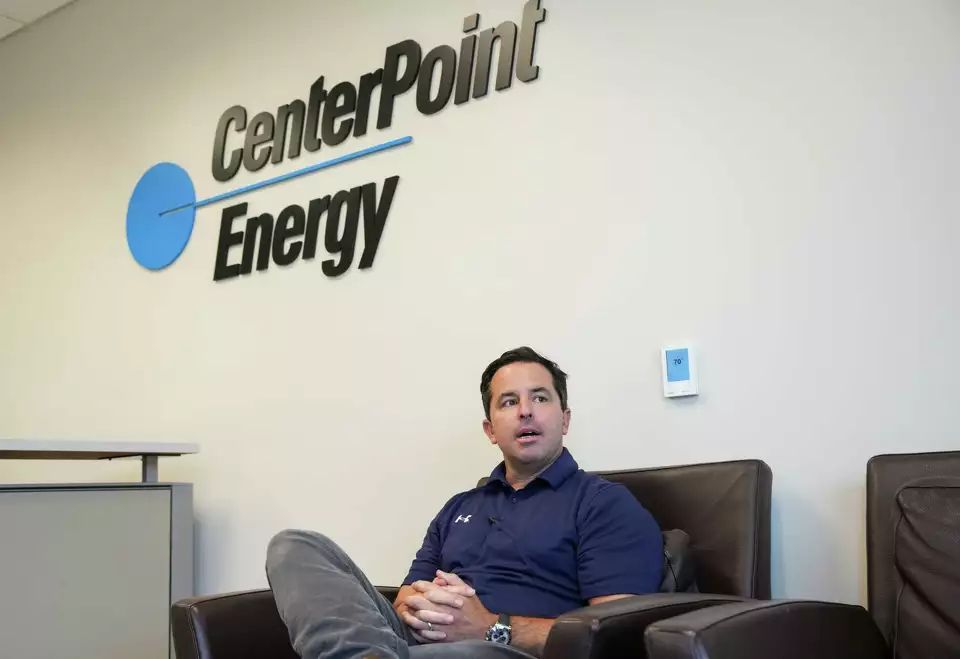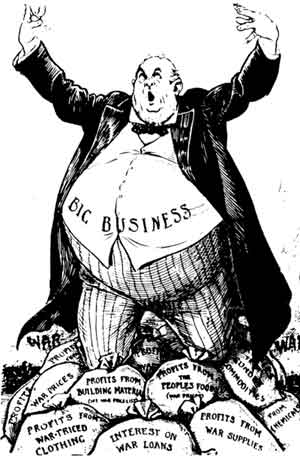
The holidays can be the most wonderful time of the year unless you work in radio. December is when the corporate suits look for ways to cut costs and reduce budgets (aka: fire staff). Here in Houston, two very high-profile morning shows were shown the door in the same week (Dean & Rog and The Bull ‘Morning Bullpen’).
There is now a growing fear that artificial intelligence (AI) will take over the radio airwaves slashing the need for even more staff, but AI is only the next step in the demise of what was once the king of media.
When I started my career at KTRH-AM back in the stone age, the station was owned by the Jones family. While they were focused on the bottom line, they were also interested in what was good for the community. Once, there was hurricane in the Gulf of Mexico and the newsroom needed petty cash to help cover the storm. The news director walked down the hall to the general manager who wrote a check for cash. No corporate approval was required.
They eventually did sell the stations in 1993 to Evergreen Media which later merged into Chancellor Media, which in turn was bought by Clear Channel Communications, the forerunner to today’s owner, iHeartMedia.
It was the Telecommunications Act of 1996 which eliminated the number of radio stations a company could own and opened the door for corporations to buy up commercial radio stations across the country which led to the two most dreaded words in broadcasting “shareholder value”. What was best for the community now came in a distant second to the bottom line.
Deregulation was not the only issue that changed radio. New technology (at the time) led to stations using voice tracking where radio stations created the impression of a live DJ when one isn’t actually present. A person would record audio clips and a computer would insert them between songs to create the illusion of a live broadcast.
Now, a DJ could “virtually” host shows on several stations around the country each day since it only took an hour or so to put together a four hour show saving a lot of money. I would not be surprised to see AI become the next virtual DJ and voice track thousands of shows thereby saving even more expense.
Another technology that led to the reduction in staff was automation. In the old days, you needed a producer to insert commercials, switch networks and be ready to interrupt with important information (weather emergencies, etc.). Now it’s all done by a computer by simply pressing a button. WKRP, the widely popular television show about a fictious station in Cincinnati actually foreshadowed the fate of radio in 1980 when, during a Dickens “Ba Humbug” style dream episode the station becomes fully automated with only a single salesman left to run things.
The proverbial genie is out of the bottle. South Korea cable channel MBN introduced the first artificial intelligence virtual news anchor back in 2020. And it’s not just broadcasting jobs, there are many other workforce sectors impacted by AI.
Customer service is becoming more automated with tools like chatbots and virtual assistants handling a broader range of inquiries and requests. Graphic designers are now in the crosshairs of the technology having to compete with AI-generated art which is available to everyone looking to create professional images without an ounce of artistic expertise.
Don’t look now, but advanced technology is slowly substituting jobs everywhere. Notice the word “substituting”, AI will eliminate some jobs, but it will also create new opportunities.
What does this mean for radio? As the saying goes, “stay tuned”.









